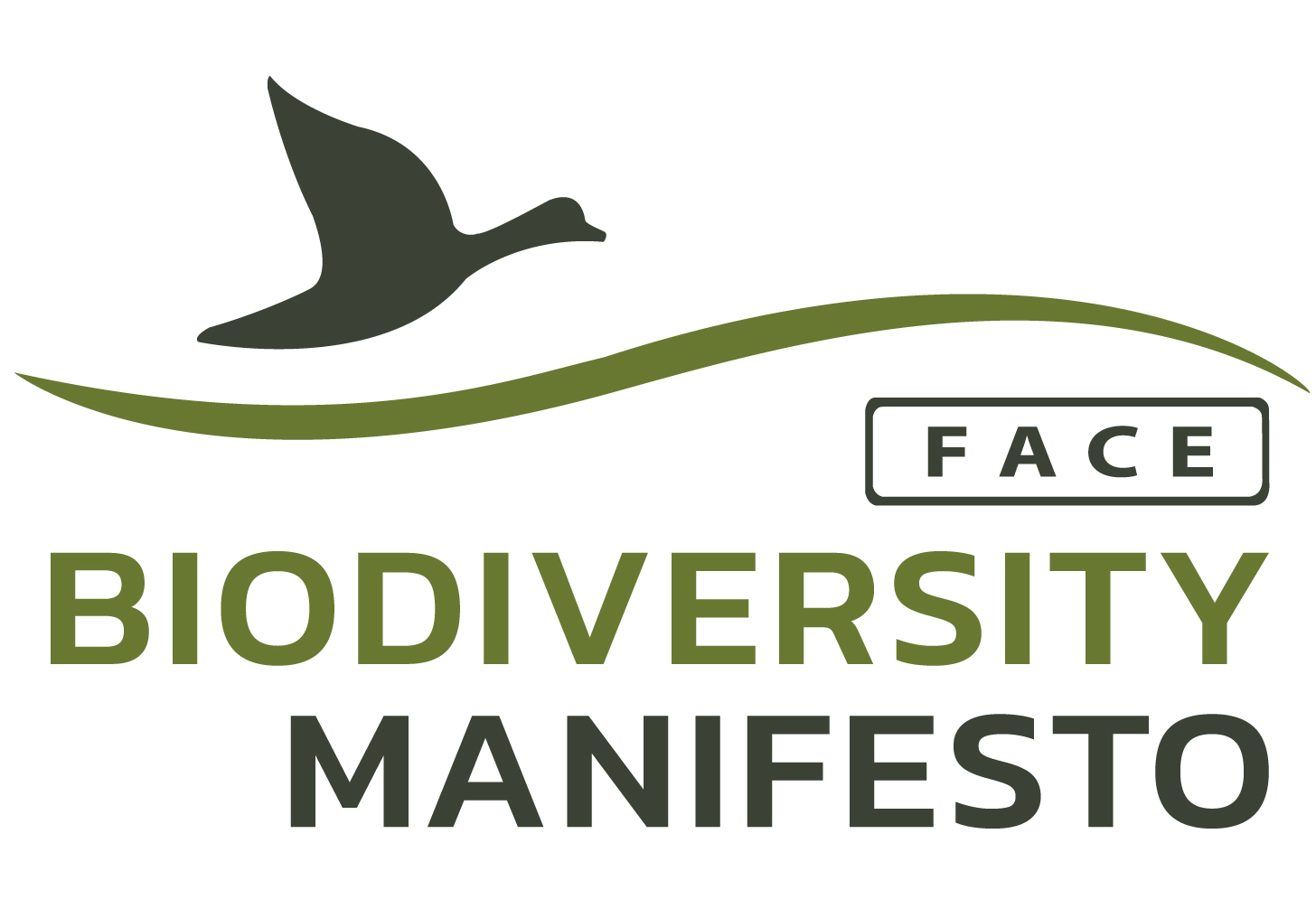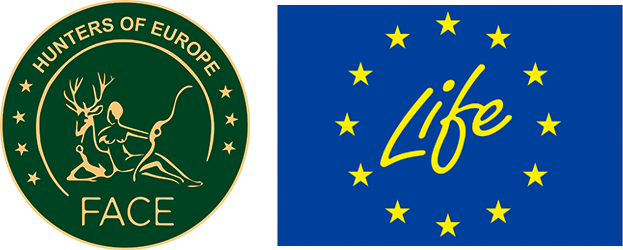Nowadays, the European Turtle Dove (Streptopelia turtur) is under the spotlight as it is the first species for which the European Commission has launched an Adaptive Harvest Management program due to the species’ steep decline in the 80’s and continuous, although considerably slower, decline since. This population decline is primarily attributed to the loss of quality breeding and foraging habitat across Europe due to agriculture intensification.
Recognizing this critical situation, the Artemisan Foundation, the Extremadura Hunting Federation, Extremadura University and the Extremadura Government have joined forces to drive a project aimed at the recovery of this species through management measures accessible to hunters and gamekeepers. The project is known as PIRTE, which stands for Comprehensive Recovery Plan for the European Turtle Dove. It started in 2019 and is still ongoing.
During the initial three years of PIRTE, extensive research was conducted in hunting estates to determine if Turtle Doves are attracted to artificial feeders and which types of feeders are most appealing and selective for the species, limiting access to other animals like Wild boar or Red deer. The project also included a large-scale monitoring effort for Turtle Doves in the Extremadura region, involving the participation of both professionals and volunteers.
POLICY RELEVANCE
This project fully demonstrates the effort that hunters and hunting organizations make in favor of nature conservation and of the Turtle dove, specifically in the context of the ongoing EU AHM. The PIRTE project clearly shows that the habitat management measures carried out by hunters even though hunting is under moratorium are positive for the Turtle dove conservation. This highlights the importance of the work done by hunters for nature conservation in Europe, which is significantly contributing to Europe’s Biodiversity Strategy for 2030.
The preliminary results from the Artemisan Foundation demonstrate that a more selective and functional method of feeding Turtle Dove involves spreading seeds on the ground while using a surrounding seal. Additionally, it was observed that hunting estates providing supplementary food experienced an increase in Turtle Dove reproductive productivity.
Another pillar of the project is to conduct censuses to monitor the Turtle Dove population. This data revealed a stable Turtle dove population between 2020 and 2022, and that hunting estates where Turtle Dove were hunted in the previous year exhibited a larger reproductive population in the subsequent year.
An ongoing inventory of hunting estates that have implemented management measures is also included in the project. These measures may involve providing supplementary food, creating water points for Turtle Dove, restoring forests and bushes, or establishing sowing areas. Additionally, these estates are required to conduct Turtle Dove censuses through observation and listening tours in May and June. Compliance with all mandatory actions is monitored by national nature authorities.
In 2023, this inventory consists of 202 hunting estates which have implemented at least 2 measures. According to data collected by the authorities, 84% of them have provided supplementary water, while 55% have supplied food. Approximately 33% have created sowing areas, and 8% have undertaken the restoration of forests and bushes. However only 115 hunting estates have implemented more than two of these measures, and just 4 estates have adopted all the specified measures. It is important to note that this management work is being implemented during the moratorium imposed in the framework of the Turtle Dove AHM that forbids Turtle Dove harvesting. This highlights hunters’ commitment towards the conservation of the Turtle Dove: although they cannot hunt the species, hunters continue to carry out management measures to improve the Turtle Dove population.
Source
[1] https://fundacionartemisan.com/investigacion/pirte-tortola/page/2/
[2] https://fundacionartemisan.com/pirte-gestion-conservacion-tortola/
Informational flyers
[1] PIRTE Extremadura
[2] Buenas Practicas Agricolas


